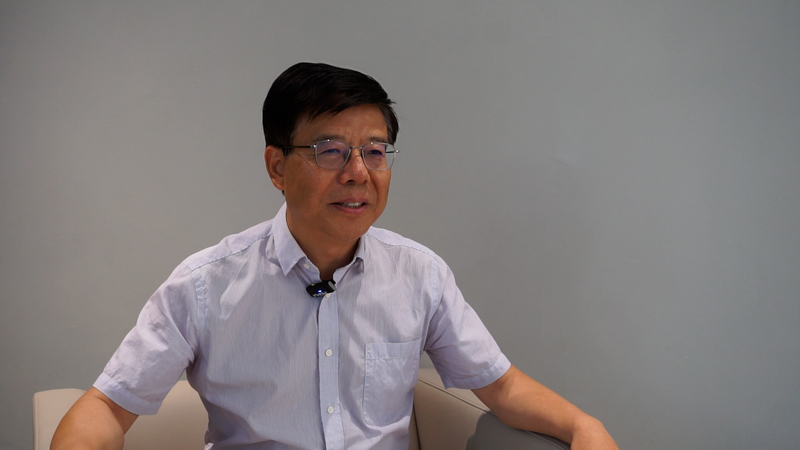The 2025 International Congress of Basic Science (ICBS) in Beijing drew top minds – Nobel laureates, Fields medalists and Turing Award winners – to discuss the future of fundamental research. In a highlight session, Wu Rongling, deputy head of the Beijing Institute of Mathematical Sciences and Applications (BIMSA), laid out a bold vision for China's role in the AI era.
Speaking on the strategic importance of mathematics, Wu argued that mastering core mathematical theories is key for building homegrown AI frameworks. 'Applied math is critical in the field of AI – we cannot avoid this issue,' he told attendees. With the U.S. wavering on basic research funding, particularly after recent cuts at major sponsors like the National Science Foundation, Wu sees a clear opening for China to step up.
At the heart of Wu's work is the synergy between math and AI: advanced theories help shrink computational loads, while AI tools tackle increasingly complex problems. By integrating methods inspired by BIMSA's founding director Shing-Tung Yau, his team is already boosting efficiency in tasks from molecular modeling to disease prediction.
Looking ahead, Wu stressed that education must evolve alongside technology. He urged educators to teach not only how algorithms work, but why they work, with a firm grounding in math theory. 'Without this, the next generation could become too dependent on AI,' he warned, calling for a balance of practical skills and theoretical depth to fuel real innovation.
Reference(s):
U.S. undermines its tech edge, a chance for China: Wu Rongling at ICBS
cgtn.com




